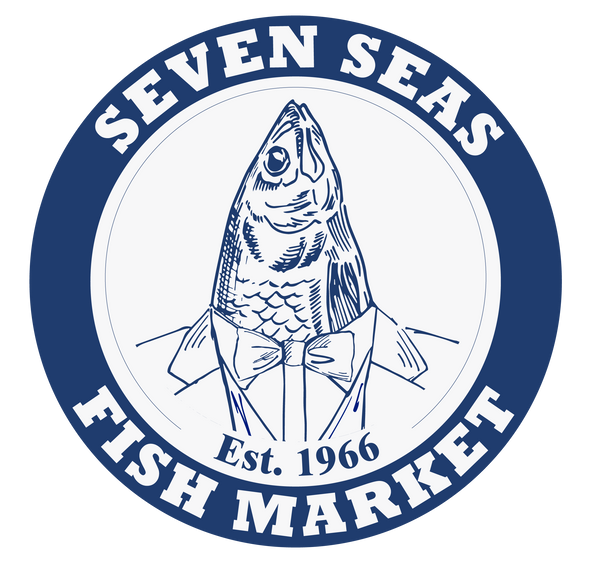
Pescatarian Diet
Share
Have you heard about the pescatarian diet? If you already know something about it but want to know more, or if you haven't heard about it or you are just curious then keep reading because we will explain some of the pros and cons about this diet.
What is the pescatarian diet?
It is a diet that emphasizes seafood, vegetables, fruits and grains. So you can basically say it’s a vegetarian diet that includes fish or other sea animals. There are no guidelines about how often you should consume seafood or what type of seafood you can eat so you can mix it up with different recipes all the time. Persons that follow this diet are also called pesco-vegetarians or pescatarians.
What food is included in the pescatarian diet?
Pescatarians can eat a wide range of foods that mixed together will presumably provide all the vitamins and minerals for optimal health. Here are some of the food you can include in your pescatarian diet:
Seafood
Seafood including any ocean fish, shellfish, or even lake fish can count! Halibut, salmon, cod, and tuna are just some of the favorites. Also some shellfish favs are oysters, clams, shrimp, and more.
Fruits and vegetables
As recommended in any other healthy diet, there are no limits on the types of fruits and vegetables you can include in your meals. Doctors recommend eating the rainbow of colors to receive all the possible health benefits.
Dairy foods and eggs
Again, there are no strict restrictions but sometimes a pescatarian that includes eggs and dairy products is called a lacto-ovo-pescatarian. Cheese, yogurt and milk are some of these products.
Grains
Popular grains pescatarians include in their diet are rice, oats, corn, wheat, rye and others.
Beans and legumes
Plant based protein is an excellent addition to a pescatarian diet. Edamame, lentils, chickpeas, fava beans are just some of the high-protein choices pescatarians have.
And, what about the foods you are not supposed to eat? Well, this list is a bit shorter. The main type of food pescatarians avoid is land based meats and derivatives, such as beef, bison, lamb, pork, poultry and fowl. There could be many reasons for this, but could stem from animal cruelty, to health reasons.
Pros of the Pescatarian Diet
Following the pescatarian diet may protect you from diseases like diabetes, high blood pressure, and metabolic disorders that increase the risk of stroke and heart attacks.
Also, it may promote healthy weight because it is likely to cut calories and fat when you consume more plant-based meals.
Lastly, more and more people are starting to follow this type of diet because it can benefit the planet.
Cons of the Pescatarian Diet
Not everything is sunshine and rainbows, there are also cons of following the pescatarian diet.
Some seafood can be high in mercury and the over-consumption of mercury laden fish could lead to a certain damage to the central nervous system. The worst offenders are large tuna, swordfish and shark. Reasons for high levels of mercury in the fish are due to chemical run-off from the pollution from humans. And they’re higher in the fish just mentioned because these are predators at the top of the food chain/
Another con is your wallet - your grocery bill can be higher since fruits, vegetables and fresh fish can be expensive depending on which supermarket you get them.
Overall, it seems to be a good diet with some really good health benefits but we always recommend consulting a health professional before trying new diets since we all have different bodies with different needs.
Remember that the best diet is the one that fits your lifestyle and its needs.
Follow us @7seasfishmarket for more great seafood tips and tricks!
